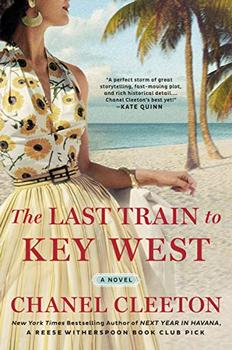Summary | Excerpt | Reviews | Beyond the book | Read-Alikes | Genres & Themes | Author Bio

Anna Hope's brilliant debut unfolds over the course of five days, as three women must deal with the aftershocks of World War I and its impact on the men in their lives.
Wake: 1) Emerge or cause to emerge from sleep. 2) Ritual for the dead. 3) Consequence or aftermath.
London, 1920. The city prepares to observe the two-year anniversary of Armistice Day with the burial of the unknown soldier. Many are still haunted by the war: Hettie, a dance instructress, lives at home with her mother and her brother, who is mute after his return from combat. One night Hettie meets a wealthy, educated man and finds herself smitten with him. But there is something distracted about him, something she cannot reach... Evelyn works at the Pensions Exchange, through which thousands of men have claimed benefits from wounds or debilitating distress. Embittered by her own loss, she looks for solace in her adored brother, who has not been the same since he returned from the front... Ada is beset by visions of her son on every street, convinced he is still alive. Helpless, her loving husband has withdrawn from her. Then one day a young man appears at her door, seemingly with notions to peddle, like hundreds of out-of-work veterans. But when he utters the name of her son, Ada is jolted to the core.
The lives of these three women are braided together, their stories gathering tremendous power as the ties that bind them become clear, and the body of the unknown soldier moves closer and closer to its final resting place.
Wake is an emotional powerhouse. The beauty of the story lies in Hope’s ability to create great depth and feeling from small moments. Evelyn’s pain sitting at the table during her mother’s birthday lunch comes to mind. Though little action happens in the novel, the emotional evolution of these three women, as they learn how to heal their wounds, is palpable and compelling...continued
Full Review
 (772 words)
(772 words)
(Reviewed by Sarah Sacha Dollacker).
 When English clergyman Reverend David Railton spied a British grave marked "Unmarked British Soldier" in 1916, he developed the idea for a national war memorial. It would take until 1920, however, for his idea to come to fruition, but this proved to be the perfect time. Two years after the end of World War I there were still tens of thousands of dead British soldiers unidentified. Feelings of despair and disbelief over the atrocities of the war plagued many people in Britain. The wives and parents of soldiers who were still unaccounted for did not have any place or any thing tangible to grieve. The tomb of the Unknown Soldier was designed to provide a place for their grief and healing.
When English clergyman Reverend David Railton spied a British grave marked "Unmarked British Soldier" in 1916, he developed the idea for a national war memorial. It would take until 1920, however, for his idea to come to fruition, but this proved to be the perfect time. Two years after the end of World War I there were still tens of thousands of dead British soldiers unidentified. Feelings of despair and disbelief over the atrocities of the war plagued many people in Britain. The wives and parents of soldiers who were still unaccounted for did not have any place or any thing tangible to grieve. The tomb of the Unknown Soldier was designed to provide a place for their grief and healing.
 The process of choosing the corpse to reside in the...
The process of choosing the corpse to reside in the...

If you liked Wake, try these:

by Jillian Cantor
Published 2022
USA Today bestselling author Jillian Cantor reimagines and expands on the literary classic The Great Gatsby in this atmospheric historical novel with echoes of Big Little Lies, told in three women's alternating voices.

by Chanel Cleeton
Published 2020
In 1935 three women are forever changed when one of the most powerful hurricanes in history barrels toward the Florida Keys.